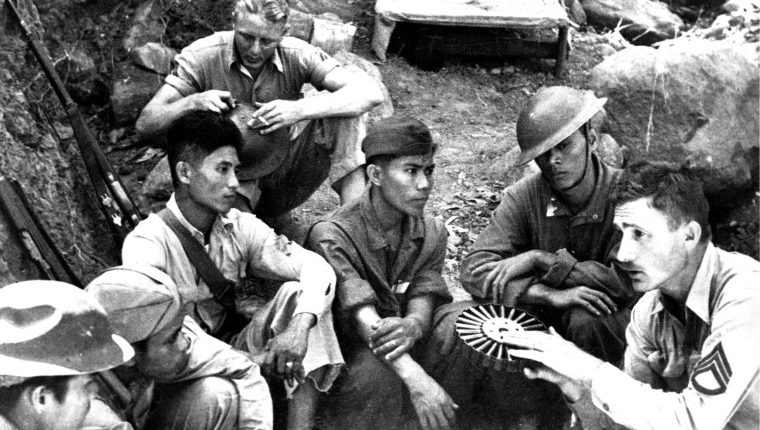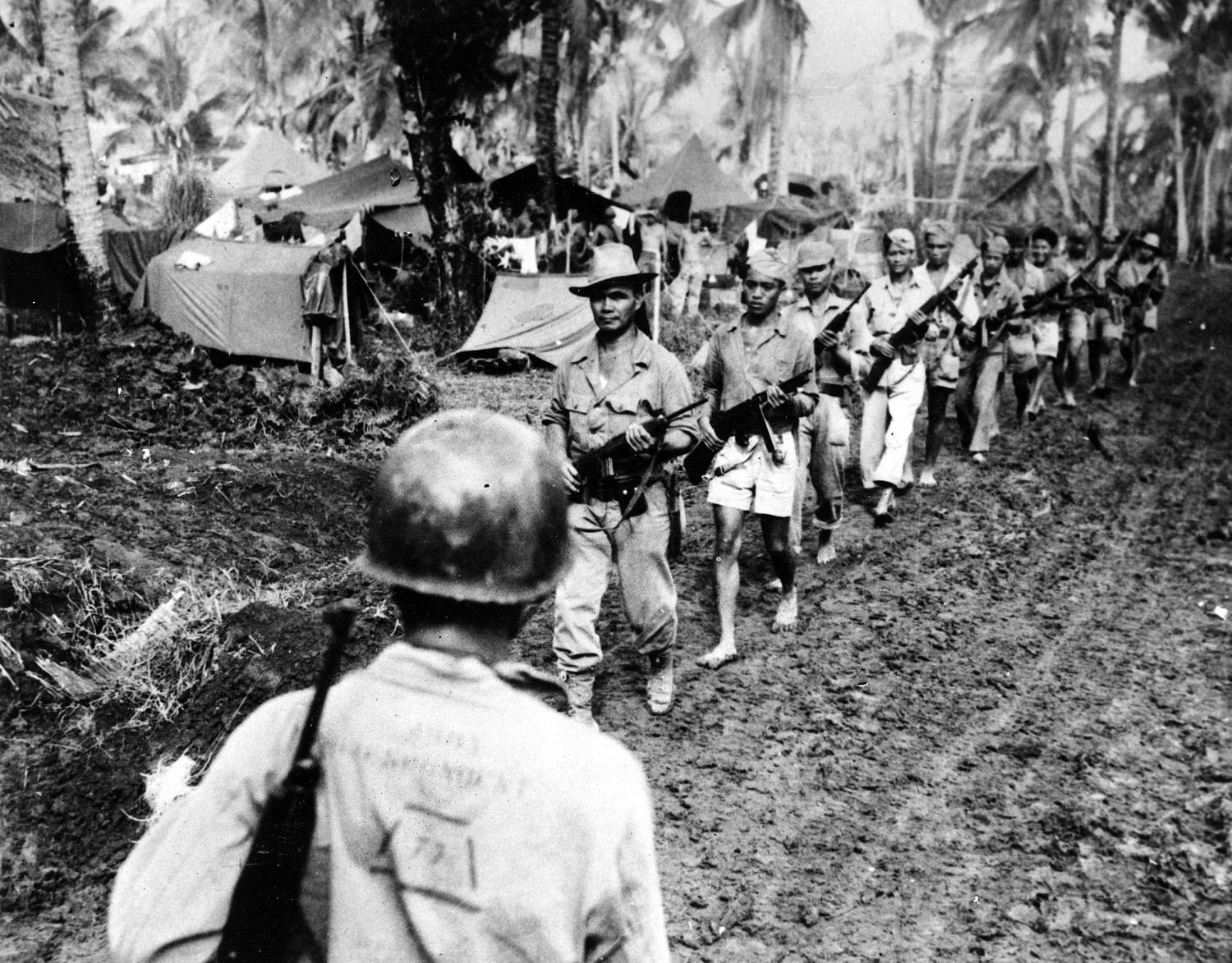A group of bipartisan lawmakers announced on Monday that they are introducing a bill that would help fulfill a U.S. promise to Filipino veterans who fought alongside American troops during World War II.
The Filipino Veterans Fairness Act aims to grant benefits to the remaining veterans and the families of the hundreds of thousands of Filipino servicemen who were recruited by the U.S. in the early ‘40s, in part by promising full access to veterans’ benefits and citizenship. The pledge, however, was rescinded by Congress in 1946 and only partially fulfilled in recent decades.
“During World War II, over 250,000 Filipino troops bravely fought under U.S. command, saving countless lives during their service. It’s unacceptable that these veterans were stripped of the benefits they were entitled to,” Rep. Kevin Mullin, D-Calif., who spearheaded the bill, said in a news release. “I cannot imagine the pain Filipino veterans and their families felt and the irreparable harm caused by this unjustified disparate treatment.”
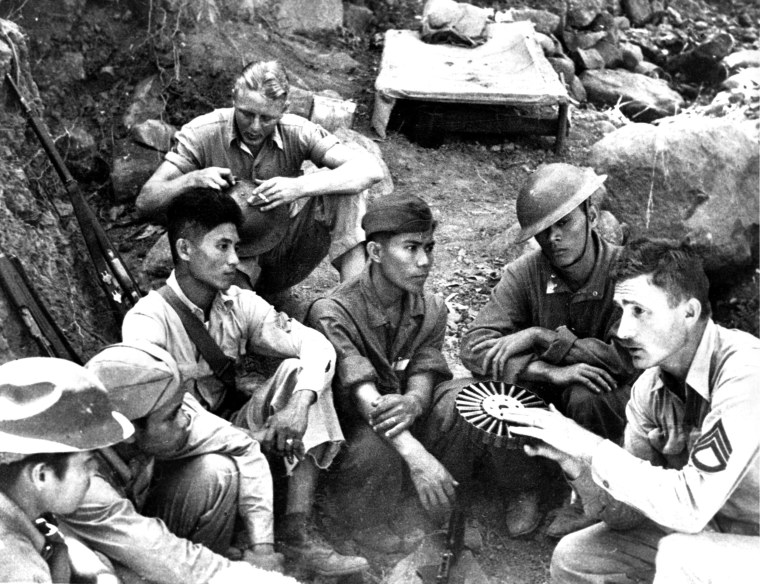
The bill, co-sponsored by Rep. Ed Case, D-Hawaii and Rep. James Moylan, the Republican delegate from Guam, would offer a need-based death pension to the remaining survivors. It would also expand the kinds of military documentation accepted for benefits’ eligibility.
Kevin Nadal, president of the Filipino American National Historical Society, said that the Filipino veterans’ fight to secure their benefits has dragged on for decades. In the meantime, the number of Filipino WWII veterans has dwindled to less than 2,000, making the restoration of their benefits all the more urgent.
The Philippines was an American colony until 1934, when the U.S. promised to grant it independence within the next 10 years. But before doing so, Nadal explained, the Pentagon recruited both Filipino Americans and Filipino nationals to fight under U.S. command due to a substantial part of the war being fought in the Philippines, which Japan had invaded. It’s estimated that up to 1 million Filipinos died in the war.
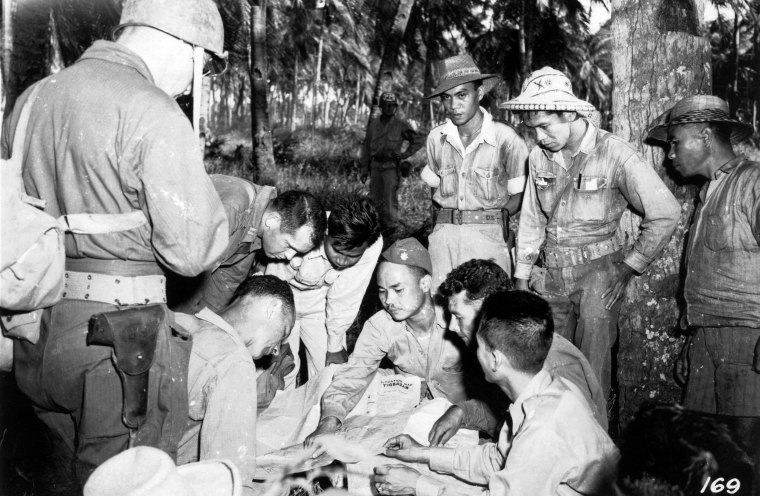
The U.S. changed its tune with the conclusion of the war. Congress passed the Rescission Act in 1946, stripping many Filipino veterans and their families of benefits due to budget concerns and prompting the ongoing efforts to restore them.
Then, in 1990 President George H.W. Bush enacted a law granting citizenship to Filipino nationals who fought in the war. And in 2009, Barack Obama signed a law granting a lump sum of $15,000 to surviving Filipino veterans who are American citizens and $9,000 to noncitizens. But claiming these benefits has been nearly impossible and many have been denied access to them, Nadal said, due to the lack of proper documentation.
“Some people, there just were not any proper records that they served in the military. And part of that is because of the war itself and the destruction of many buildings and places that would have had those records,” Nadal said.
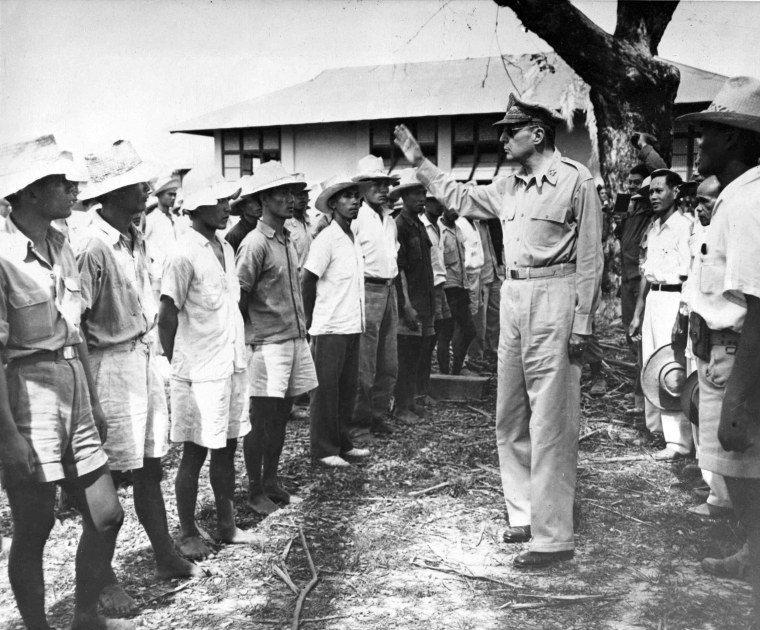
Nadal said that while legislation looking to ease access to the promised benefits to Filipino veterans has previously been proposed, getting to pass the bill has been an uphill battle. Other U.S. veteran groups, like LGBTQ service members, have also struggled to receive care and other financial benefits. And some lawmakers in the past have been hesitant to green-light the idea of funding for Filipino nationals, arguing that the onus is on the Filipino government to provide benefits to veterans.
“Racial biases may or will influence people’s perceptions of whether or not they deserve those benefits or those rights,” Nadal said.
“Many lawmakers just never viewed [Filipinos] as being equals to the Americans. They never viewed them as being citizens. They never viewed them as taking the same amount of risk and sacrifice as U.S. born soldiers,” he added.
For more from NBC Asian America, sign up for our weekly newsletter.
Source: | This article originally belongs to Nbcnews.com
